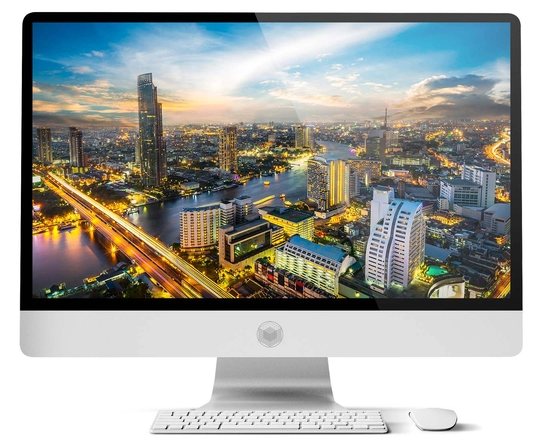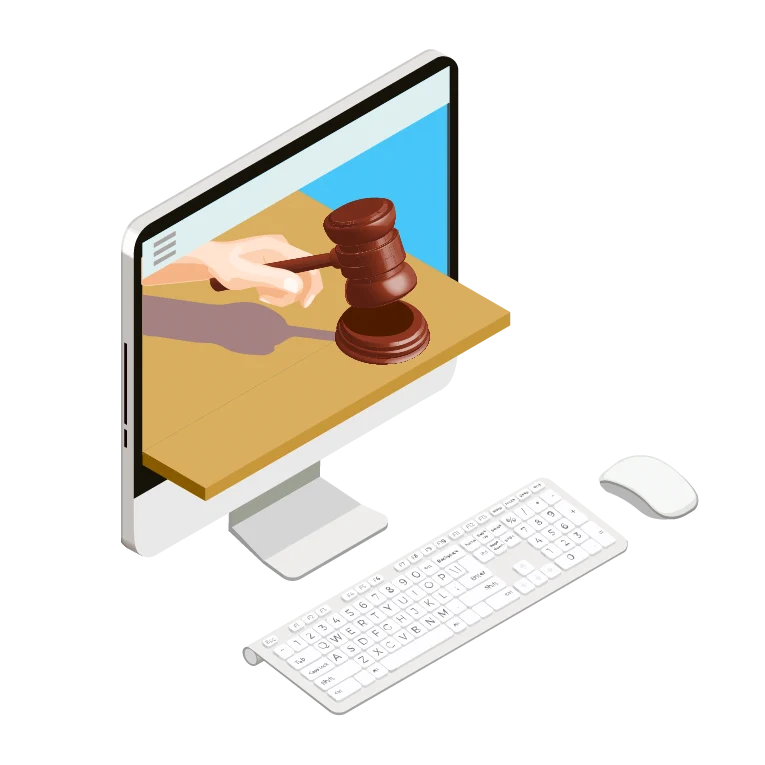Five Mechanisms
The Etheros platform is based on a protocol consisting of five mechanisms
Consensus Mechanism
Spaces (i.e. squares of 1 km2 each) belong to their owners, who manage them and determine their purpose. Thanks to the blockchain, it is them who have the right to vote first.
Matter Mechanism
The owner chooses which model of matter will be created – real (according to the existing image of the world corresponding to the given space) or virtual (created according to the imagination of the user).
Resources Mechanism
Spaces contain hidden natural resources (including cryptocurrencies), which can be extracted, managed, sold or used to produce something.
Action Mechanism
Users can undertake all sorts of private and commercial activities using a control panel. It allows digital management of property, of everything they intend to create – in digital terms and in the game mode.
Succession Mechanism
The owners of the given spaces and objects located in them can appoint a successor of their property at any time.
Four Systems
The Etheros world is based on four systems
Economic goods in
ETHEROS
The economics of the Etheros world comprises many factors, which allow economic growth and implementation of investment ideas. Creating goods and services plays an earning role here. Economic goods are to be seen as consumption goods and investment goods in terms of costs and profits and as substitute goods and complementary goods in terms of the relation between them.
Consumption goods
They satisfy the needs of a user in a direct way and are made for immediate use (consumption) by the consumer. They constitute pure cost.
Investment goods
They satisfy the needs of a user in an indirect way and serve to produce other goods. Investing in them brings further profits.
Private goods
Goods the possession of which entails transfer of ownership at the time the seller receives payment for them. Such a good, used by the given entity, is not available for other entities.
Substitute goods
The purchase of a good excludes the necessity to buy another one which satisfies the same need, e.g. the use of copper instead of gold to produce device components. This happens when the price of the initial good (gold) goes up.
Complementary goods
They complement each other in the satisfaction of one specific need. Therefore, they are most often used together, e.g. having purchased raw materials, a user owning a space will have to buy or rent tools and devices and hire workforce.
Public goods
Available to all users and entities. The use of such goods by a user or entity does not restrict others’ ability to use these goods as well. These are e.g. roads, bridges, seas and oceans.
Economic resources in
ETHEROS
Another important element of the economics of Etheros are natural resources. They are required for the production of goods or the provision of services and they form capital resources.

Natural resources
The building blocks from which the Etheros world is made, e.g. natural resources such as mineral deposits, plants, energy, water, the riches of rivers and lakes, and so on.
Capital resources
Tangible assets: buildings, machinery, devices, and facilities, but also raw and other materials etc. All these resources are rare.





